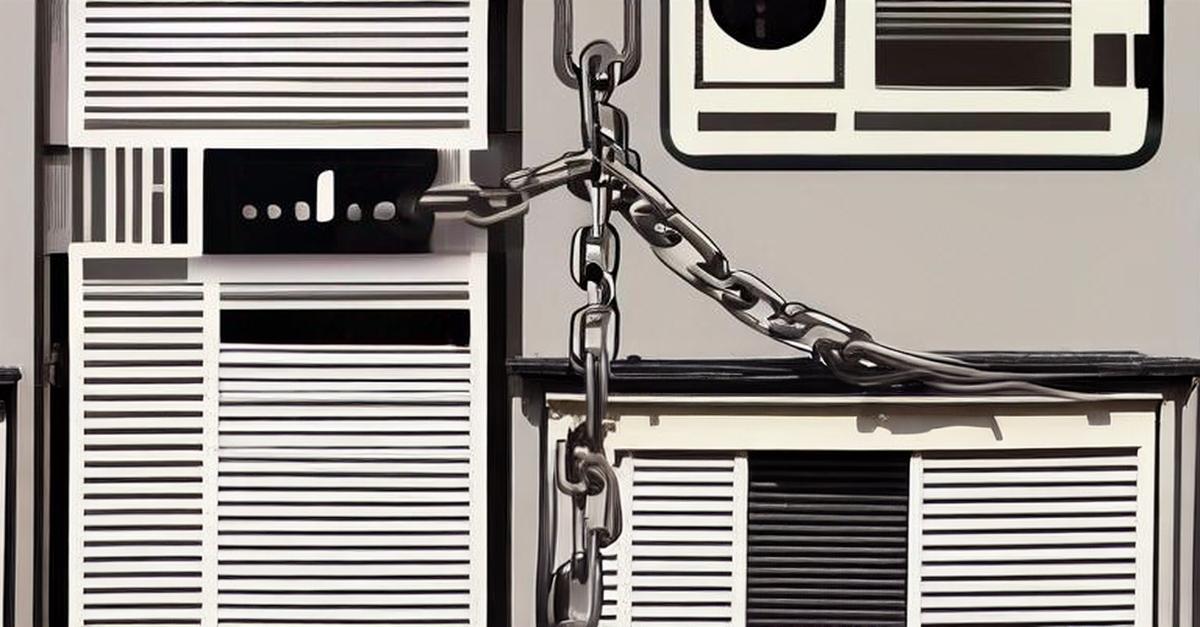By Wesley T Hanyongola, Zambia
Beneath the vibrant hues of Zambia’s rich culture and awe-inspiring landscapes, a hidden tale of media oppression is being woven. In this piece, we delve into the complex issues besieging journalists and media houses in this Southern African country, shedding light on their relentless quest for an unfettered platform that champions diversity, truth, and transparency.
The 2022 freedom of expression report by the Media Institute of Southern Africa (MISA) Zambia paints a grim picture. In just the first half of 2022, 34 Zambian journalists faced harassment and threats, predominantly from government officials and political cadres.
Among these, Eric Chiyuka, a CIC press reporter affiliated with UPND online news, suffered an assault, while three journalists from the state-run Zambia Daily were dismissed for reporting on a mealie meal shortage.
In Zambia, the phenomenon of media capture is a subtle yet potent form of media freedom suppression. It manifests as self-censorship, political meddling, and ownership influence, stifling journalistic creativity, instilling fear, and hindering the ability to probe and report on public interest matters such as corruption and office abuse.
Media capture’s reach extends to financial pressures and audience engagement, posing risks for media entities under external control. The financial element becomes a critical determinant of news production, aiming to inform, sell, and maintain public engagement.
Media capture in Zambia not only cultivates hesitance among journalists to cover certain individuals or topics but also hampers the democratic exchange of diverse viewpoints, thereby violating media freedoms essential for journalism’s societal role.
Stakeholders shed light on the perils journalists face, emphasizing challenges tied to ownership and regulatory frameworks.
This engenders an environment of self-censorship, sparking calls for universally accepted regulations that are free, independent, and voluntary, fostering pluralistic media operations free from external influences.
Legal constraints on private broadcasters, regulated by the state body Independent Broadcasting Authority (IBA), highlight specific restrictions journalists encounter.
This paradoxical situation leaves the supposedly independent body incapable of operating independently, necessitating compliance with regulations and curtailing critical reporting.
These challenges pervade even the Western Province, where journalists wrestle with unique issues related to historical and sensitive subjects.
Limited access to government spokespersons and authorities discourages balanced reporting, raising questions about the true extent of freedom of expression.
In cases of media harassment, journalists from community radio station Lyambai radio found themselves summoned to the police for hosting individuals opposing the declaration of the Barotse Flood plain as a world heritage site.
Intervention by media bodies like MISA Zambia ensured their release without charges. Journalists advocate for the enactment of the Access To Information Bill into law, with recent progress seen in the National Assembly passing the ATI in principle and issuing a Statutory Instrument for the responsible ministry to implement it.
A glimmer of hope appears with the President’s willingness to enact the Access to Information (ATI) Bill into law when presented to him, which is expected to play a crucial role in combating corruption and providing vital information to the public.
In conclusion, the urgent call for press freedom and the enactment of the Access to Information Bill into law carries the potential to cultivate an informed and engaged Zambian citizenry.
The obstacles journalists face reflect wider concerns about media capture and freedom of expression, emphasizing the need to reevaluate existing regulations and foster an environment where diverse voices can flourish — a critical step towards promoting democracy in Zambia.



